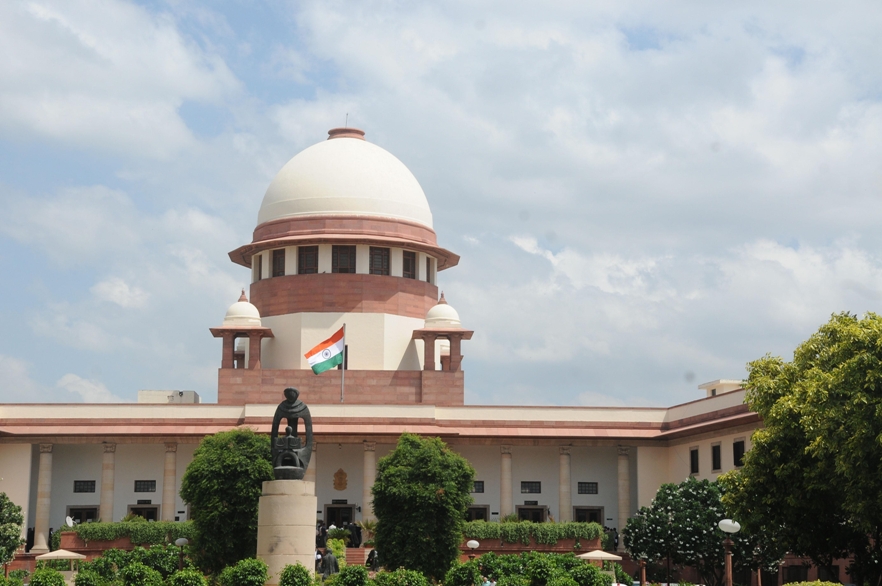New Delhi, Aug 24: The Supreme Court on Monday observed that the high courts of Allahabad and Uttarakhand, without application of their minds, are passing orders for no coercive action or protection from arrest, as it noted that such orders were passed despite its earlier order asking courts to sparingly use this power.
The apex court’s observation came during the hearing of a petition challenging the Uttarakhand High Court order, which was passed on a plea for quashing of the FIR in a murder case.
A bench of Justices D.Y. Chandrachud and M.R. Shah said: “We have seen two high courts, Allahabad and Uttarakhand, are passing these orders without application of mind”, while citing its judgment in Neeharika Infrastructure versus State of Maharashtra.
The top court had said that the power of quashing complaint or FIR should be exercised sparingly with circumspection, in rare cases. It also added that it should be only used where no cognizable offence or offence of any kind is disclosed in the FIR.
On Monday, the bench noted: “This is a serious matter. The FIR was registered under section 302 of IPC. Just see the anxiety of the high court, it directs that the person should surrender by August 10 and the bail be decided on the same day.”
The bench further pointed out that the high court order also had given a direction that if the bail application is rejected, then the session courts should hear the bail plea the same day. Citing the high court recorded in its order that prayer of quashing of FIR is not pressed and other prayers before it is innocuous, the top court said: “This is a shocking order.”
Observing that it will examine the issue, the top court issued notice to the Uttarakhand government on the plea against the high court order.
On April 13, the top court had passed a slew of directions in Neeharika Infrastructure versus Maharashtra case. The top court had said that police have the statutory right and duty under the relevant provisions of the Code of Criminal Procedure to investigate ia cognisable offence and courts could not thwart any investigation into cognisable offences.
-IANS

